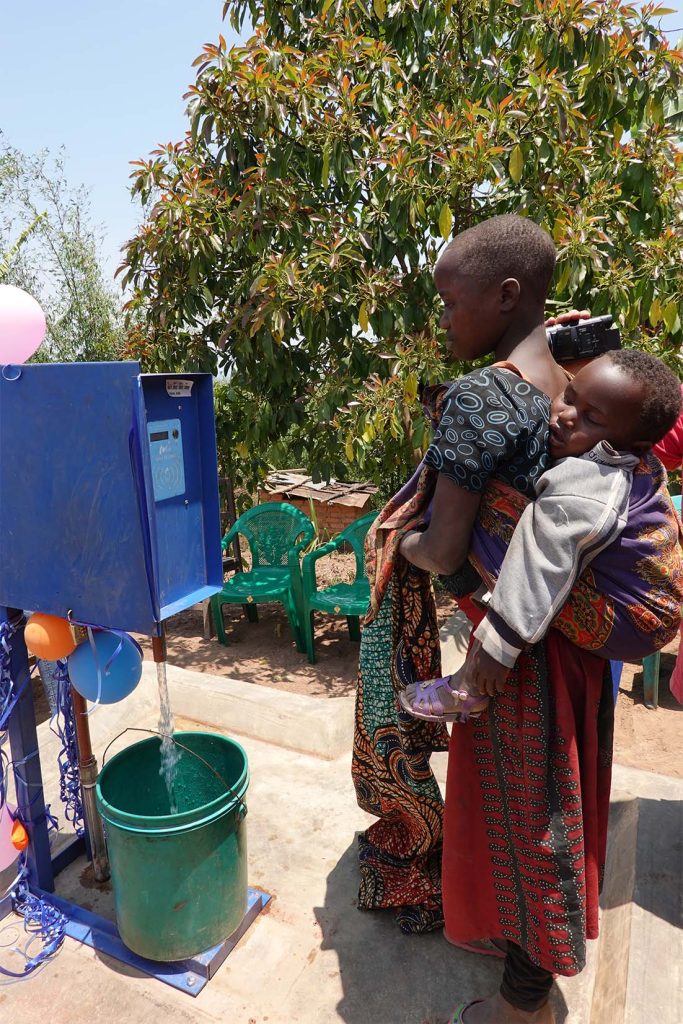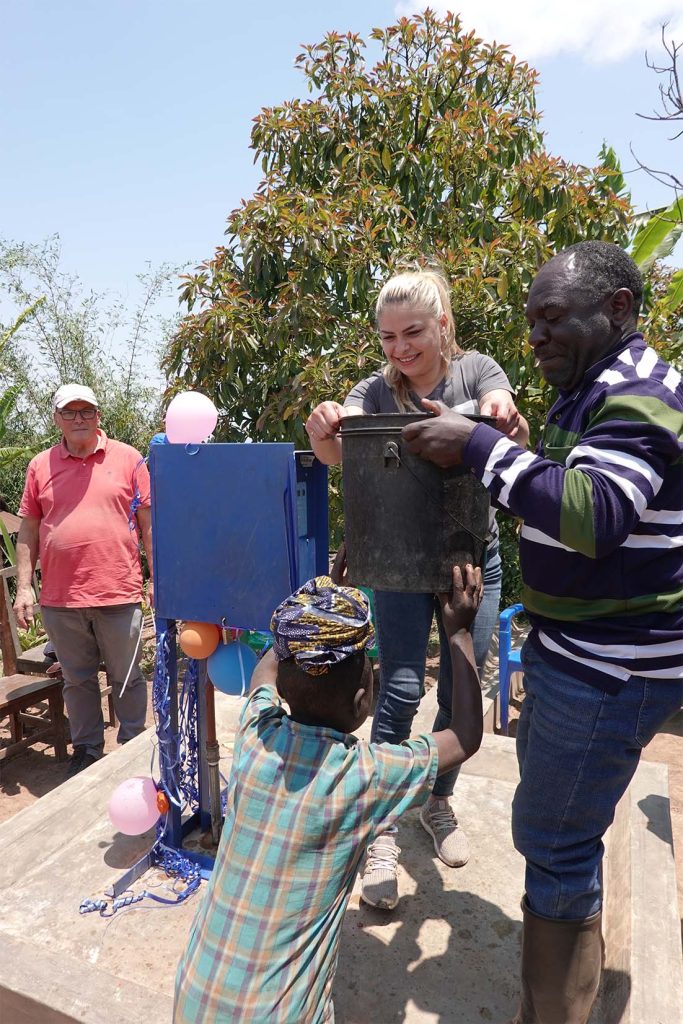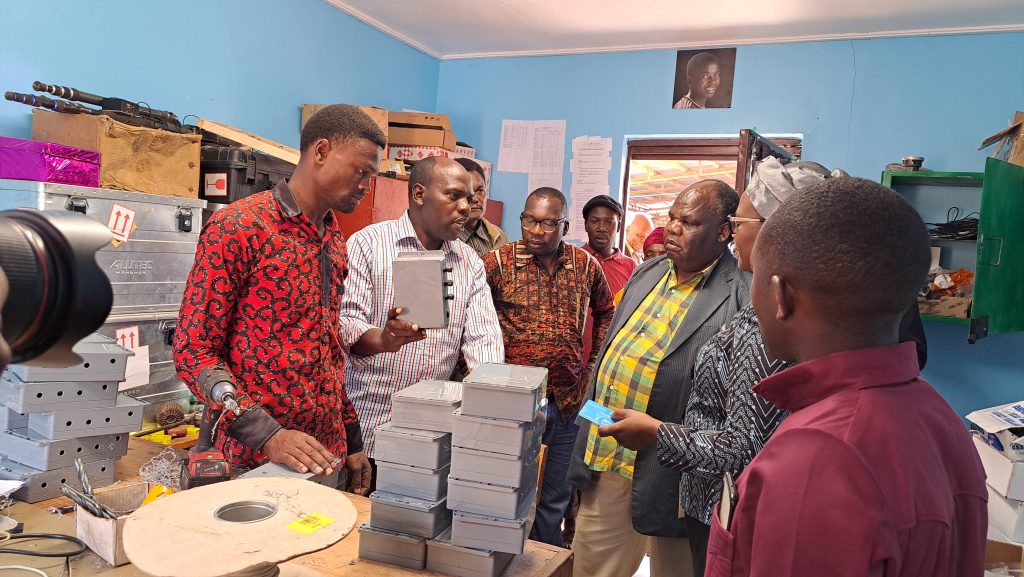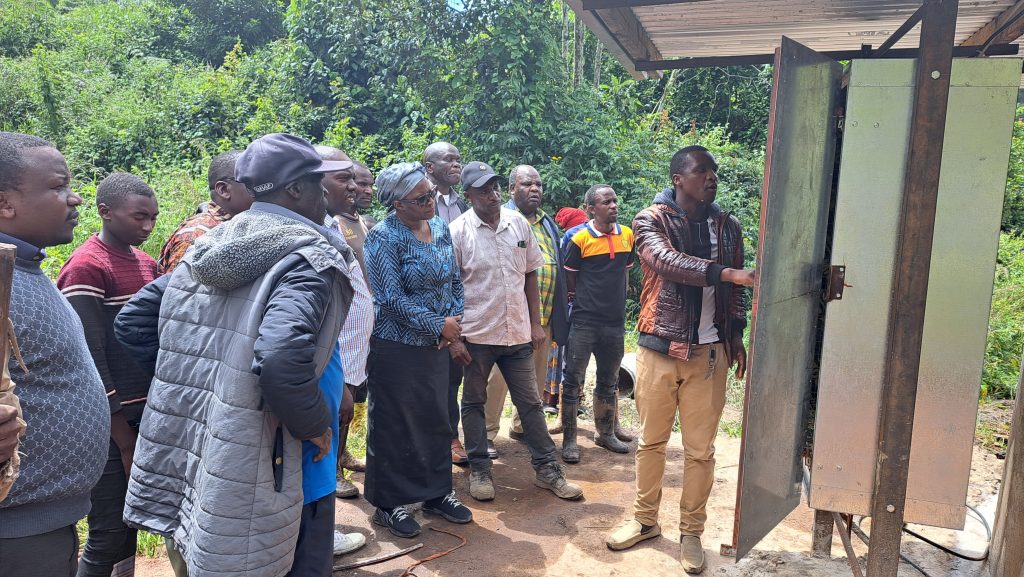Water is Life
Natural water sources in the project areas are typically located very far away from settlements, and they are often spoiled. This leads to diseases in weak and elderly people and children.The RDO water projects are providing clean and affordable drinking water to the people.
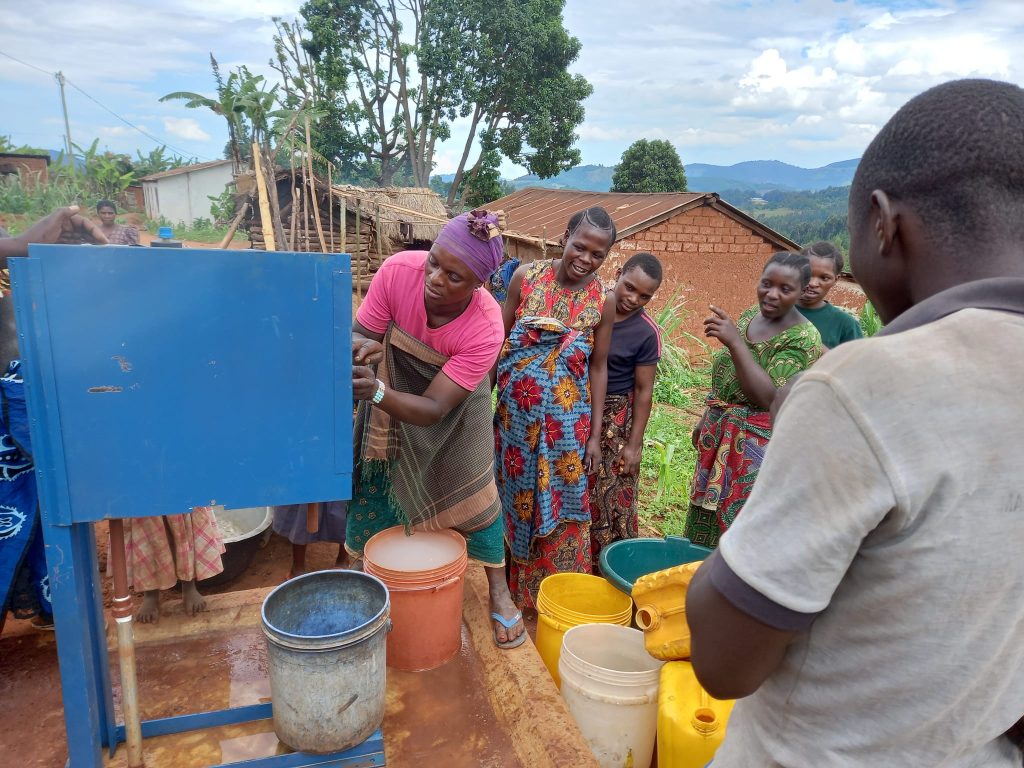
Project Implementation
In 2011, in collaboration with Austrian partner organization One World Group Schlins|Röns, RDO commenced with the implementation of drinking water supply projects: high quality water sources were identified, and a water distribution system was constructed through pipes, tanks, water processing chambers and pumps (hydraulic, electric/solar, diesel). For each village, several shared community taps were built. All labor is conducted under heavy involvement of the local population.


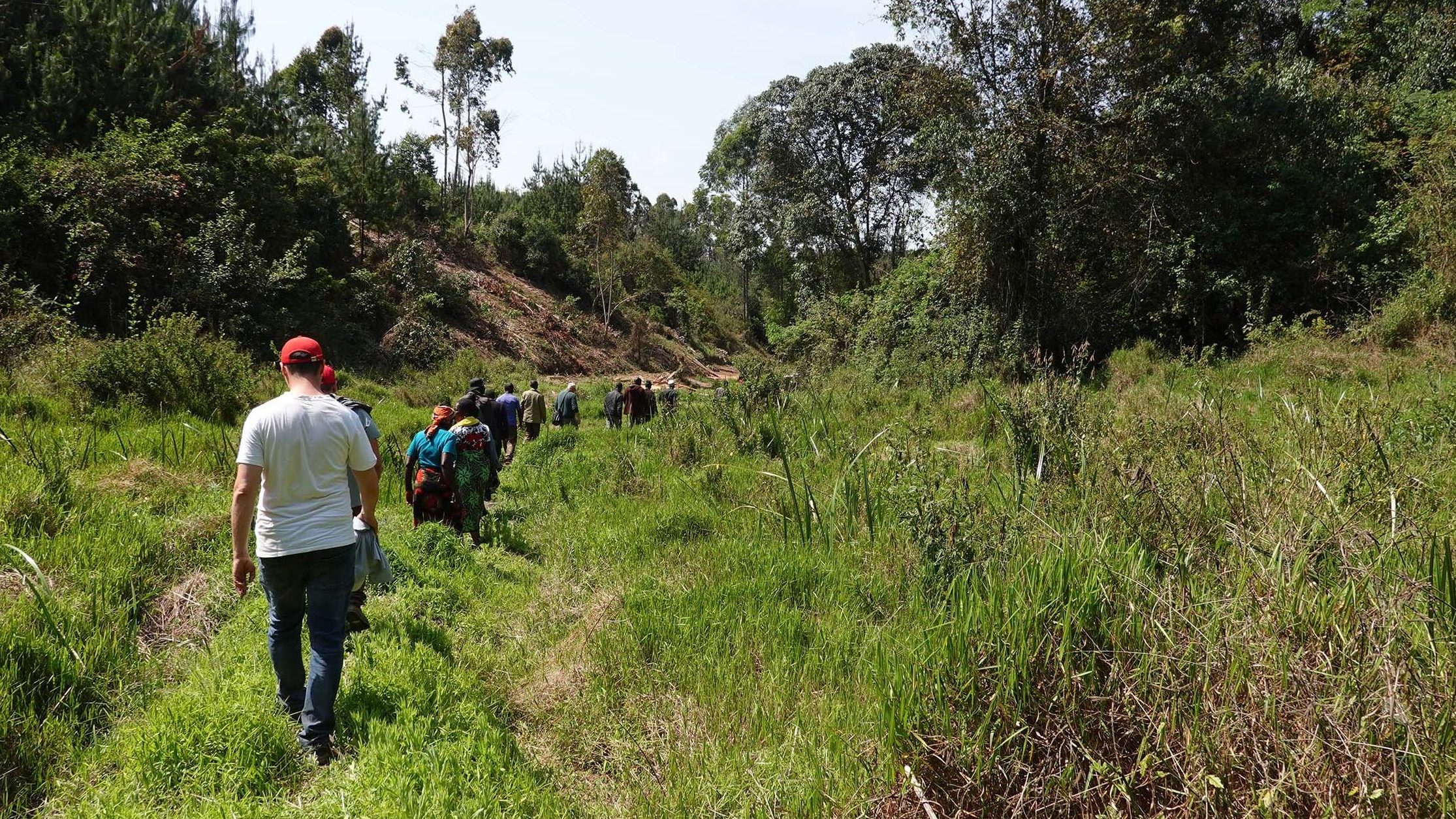
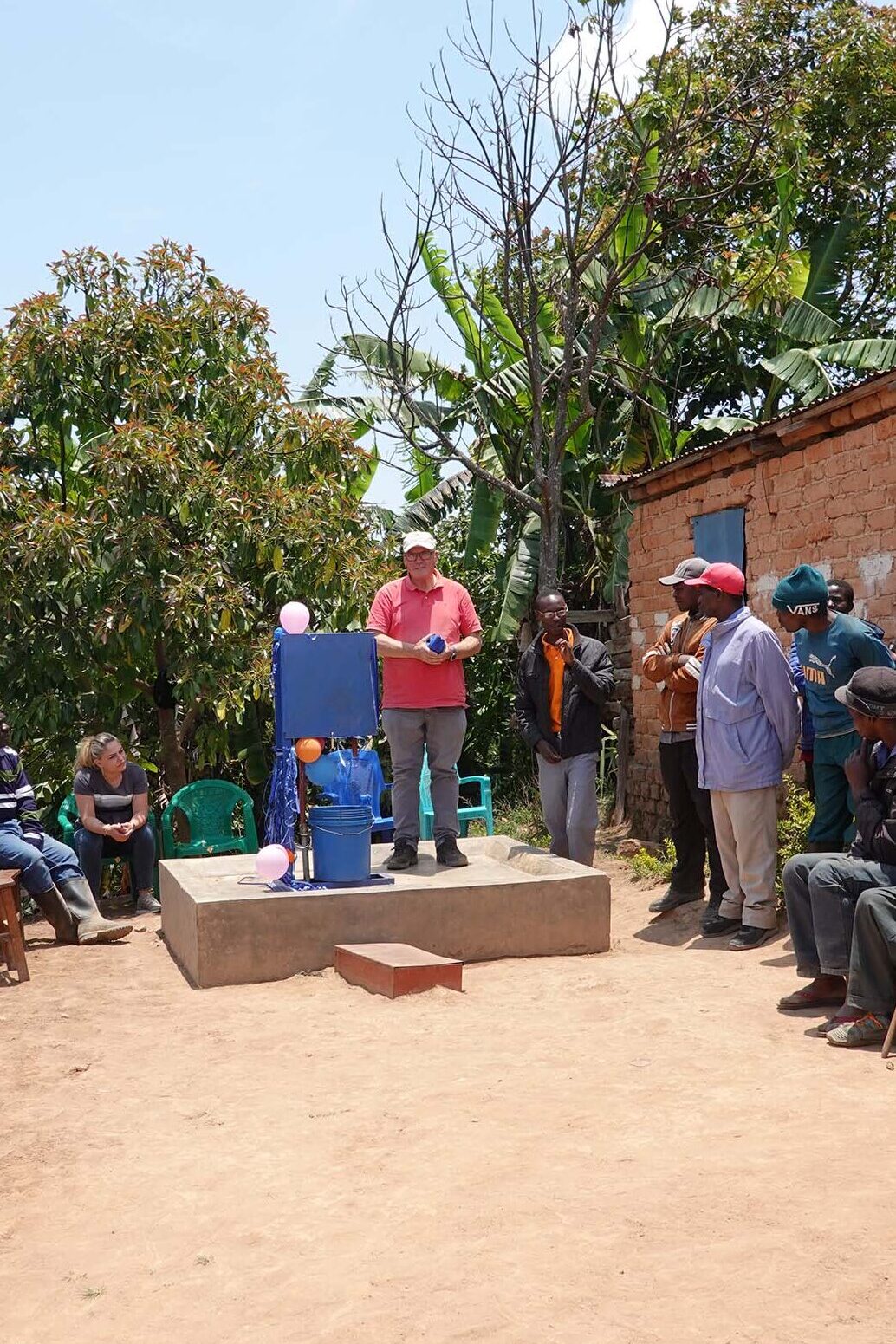
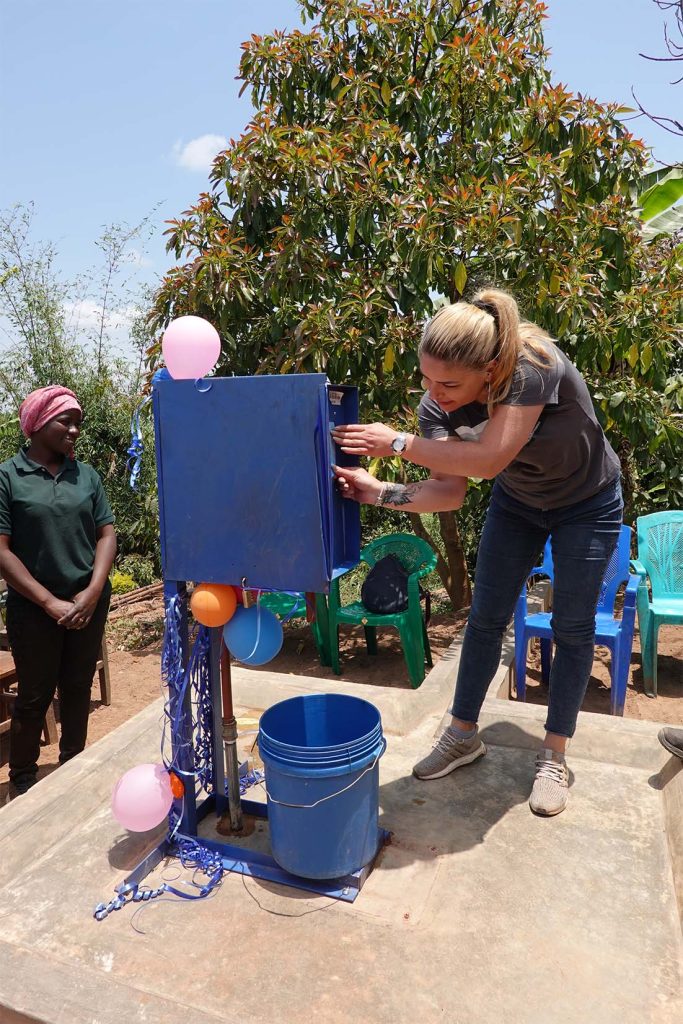
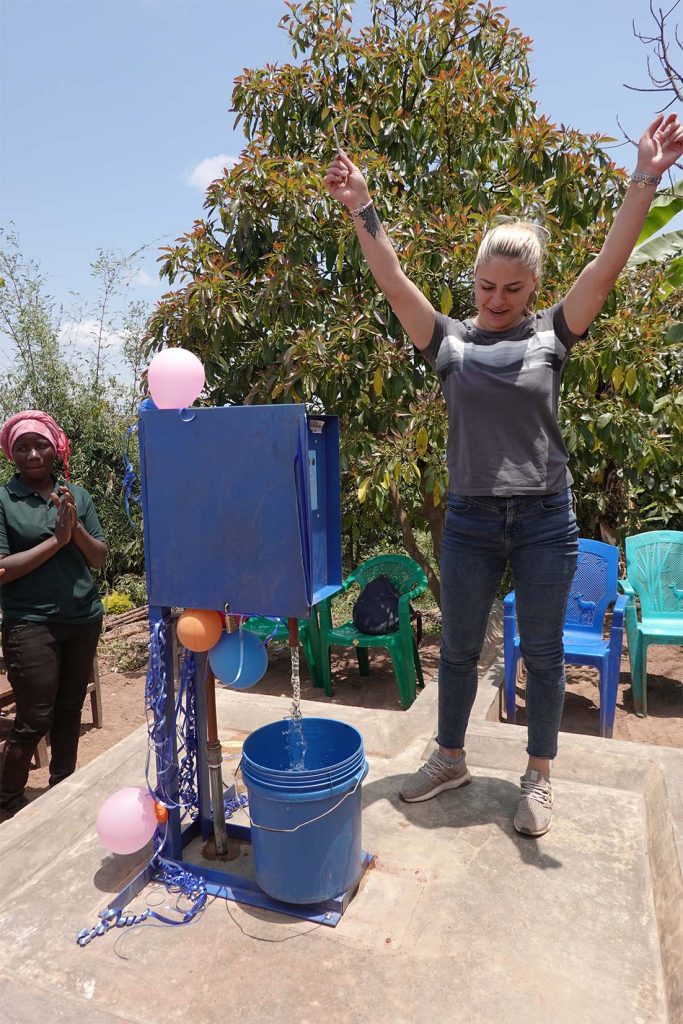
Community Ownership
For each village community, legal water associations (societies) are established which incorporate the roles and responsibilities for managing and maintaining the water supply projects: on village and tap level, leaders and treasurer are appointed for the tasks of registration and management of water member households and contributions: based on a total of four social tiers, the households have to pay a monthly contribution for access to water. This money is used to finance the operational expenses of those water supply projects as well as network expansions.
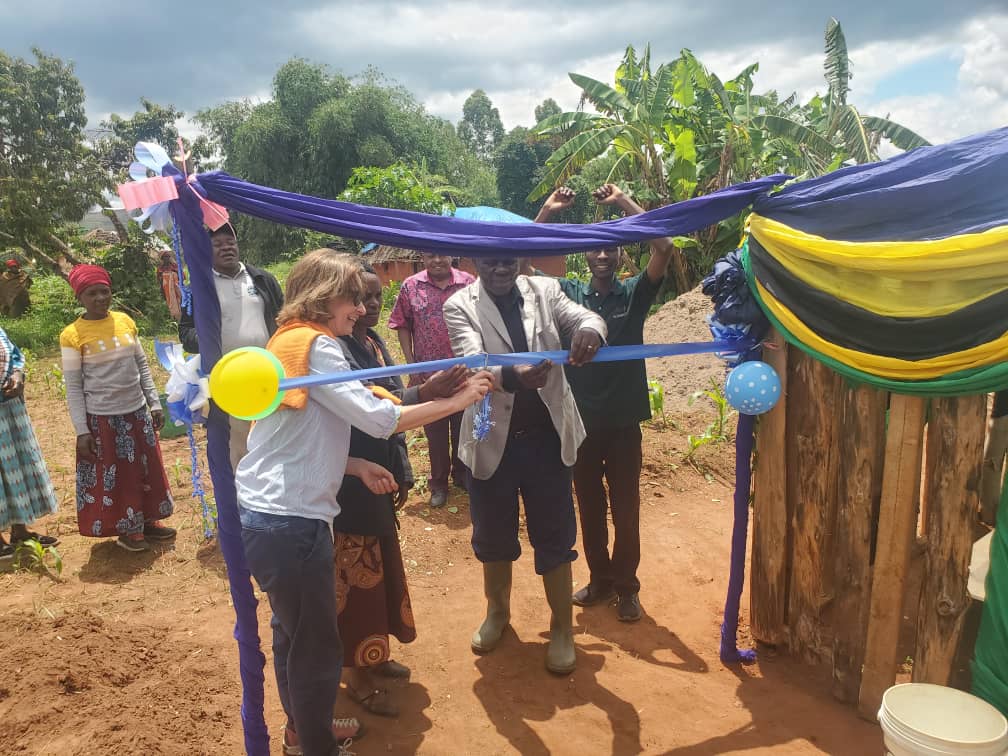
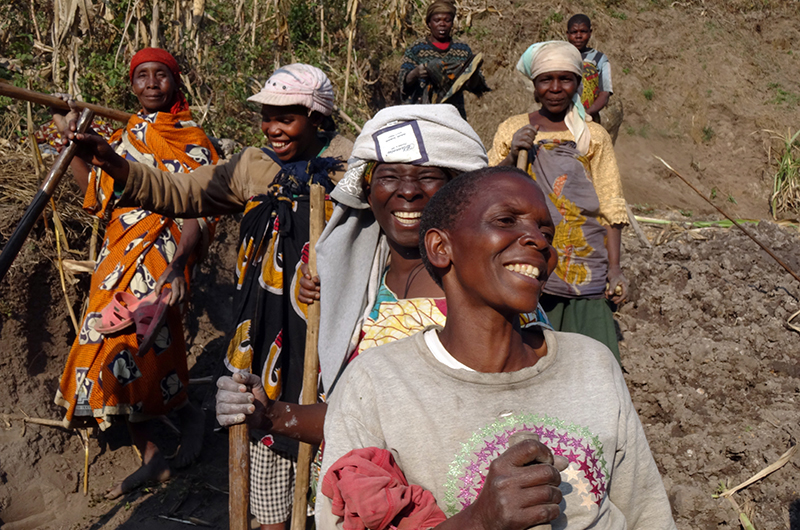
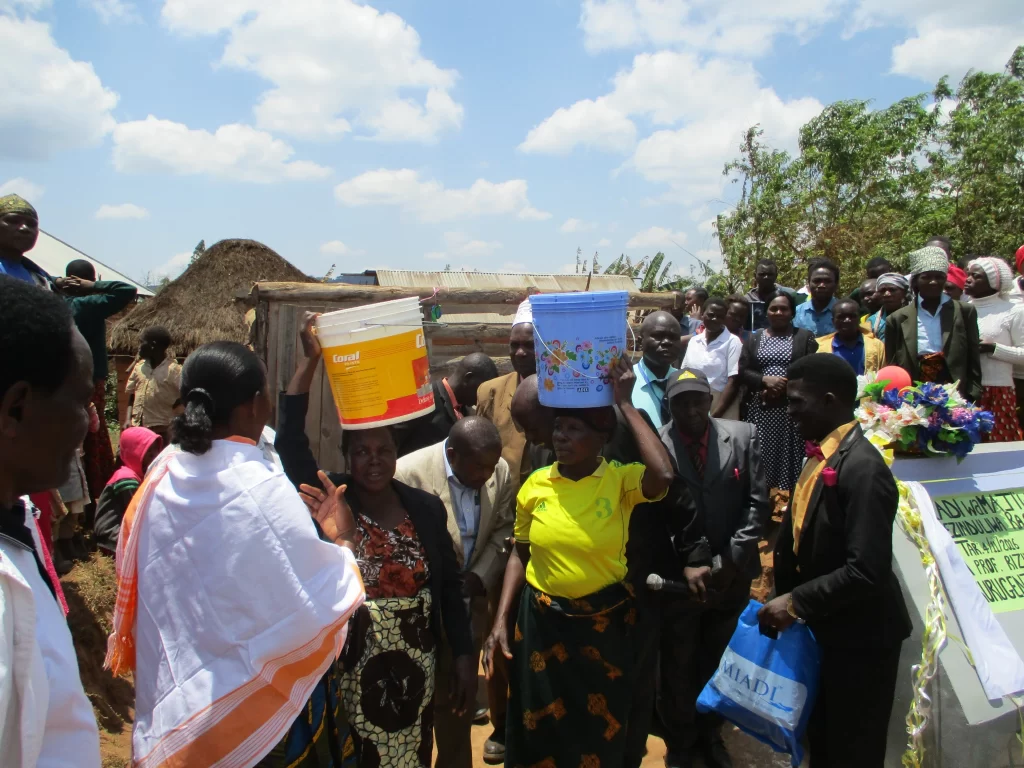

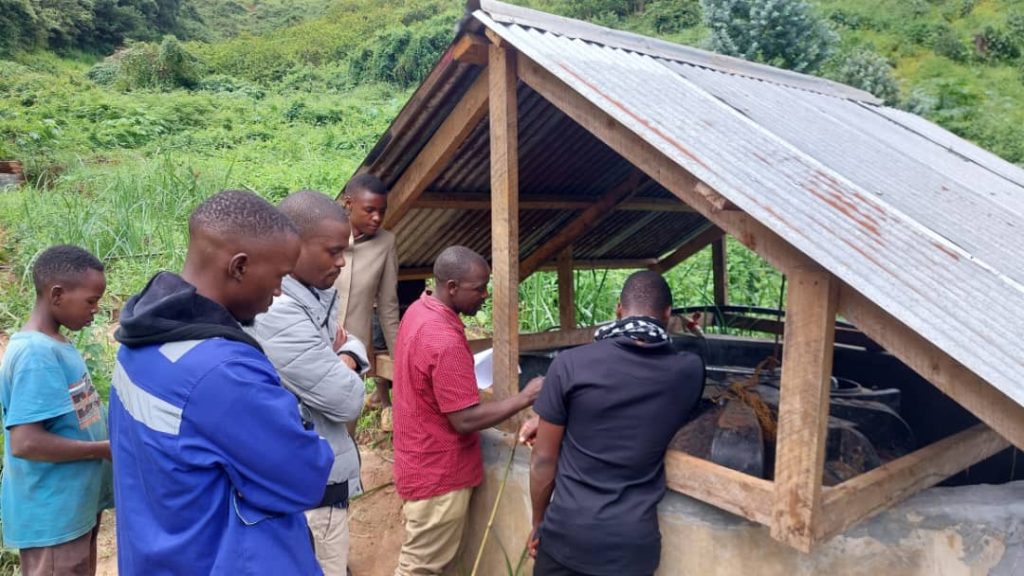

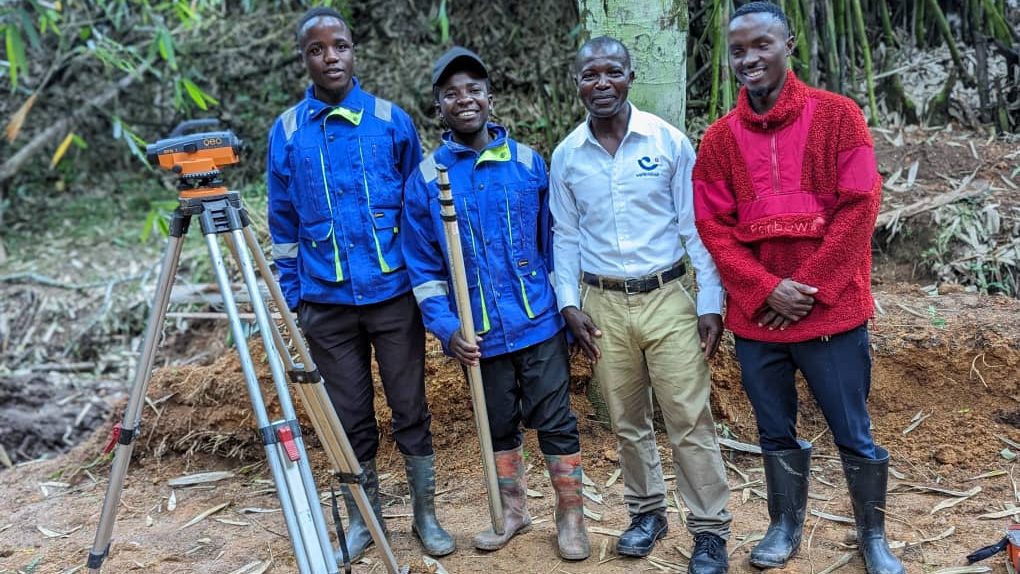
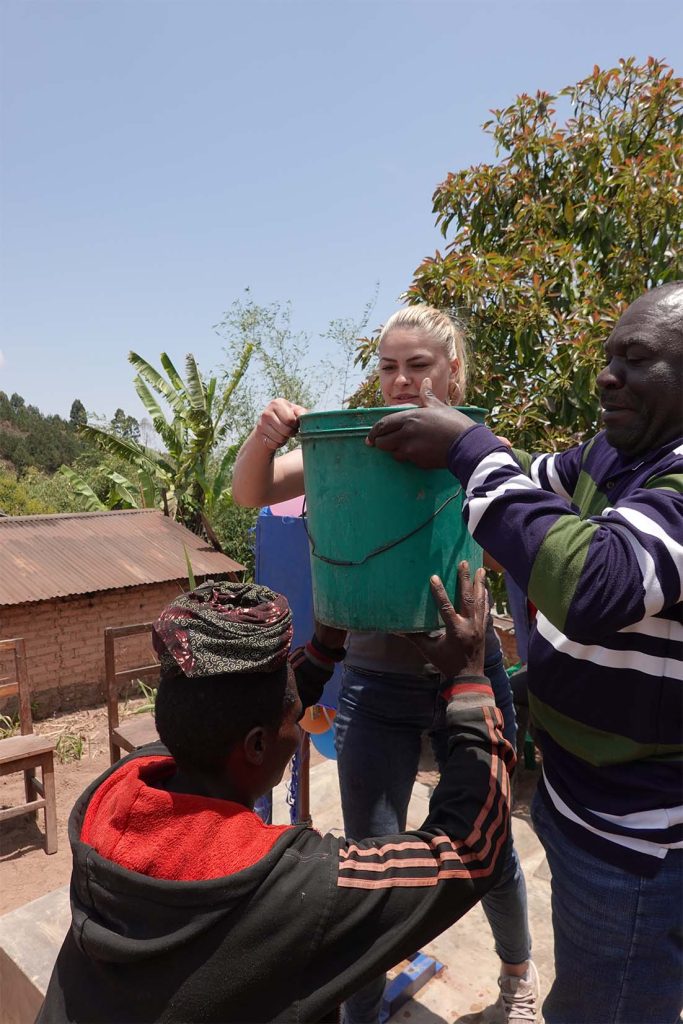
Pre-paid Water Station
Innovation in Water Supply Technology
In collaboration with Austrian partners Identec Solutions AG, Graf Elektronik GmbH, and FH Vorarlberg – University of Applied Sciences, RDO has developed a novel system for water supply pre-payment.
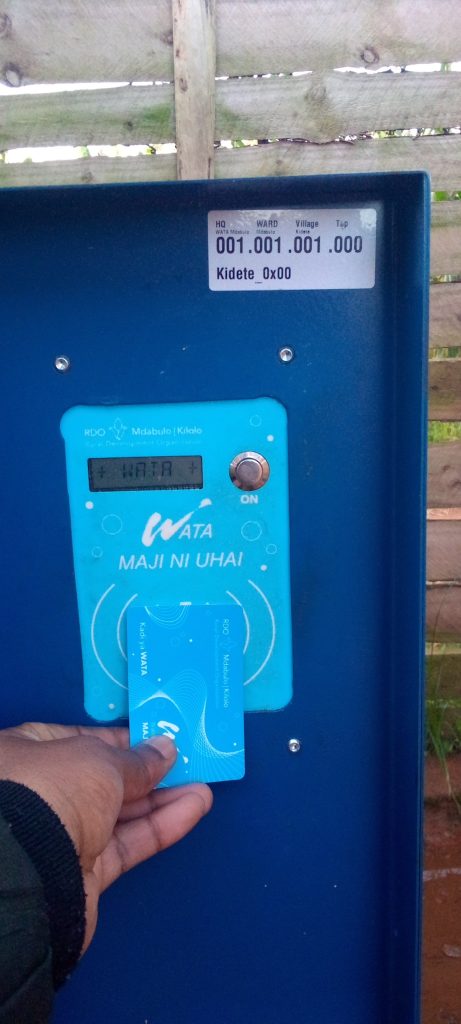
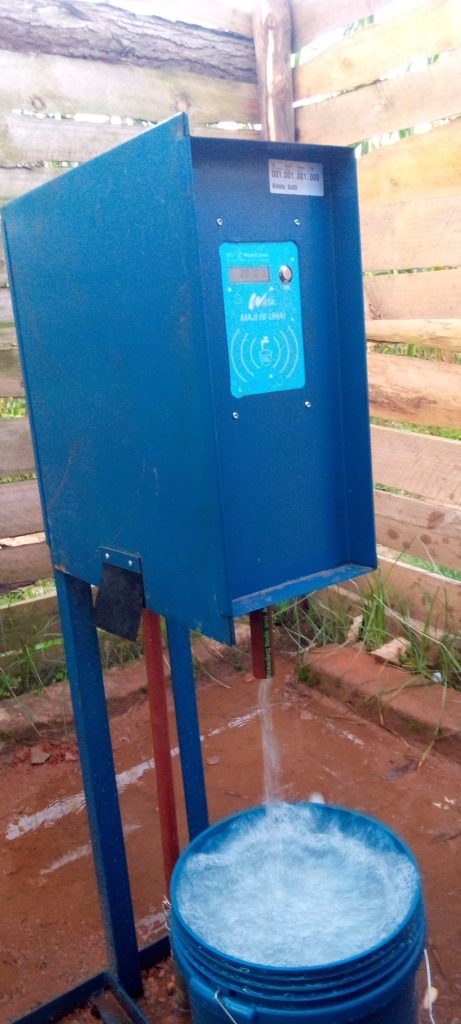
Pre-payment for guaranteeing contributions
RDO has introduced a number of water supply implementations in order to provide clean drinking water to the community. RDO relies on collecting socially tiered contributions from its beneficiaries in order to cover its operational costs and to finance much needed expansions of the project.
With the introduction of a microcontroller-based system applying a pre-paid payment principle for water, we are aiming to follow suit with other domains such as telecommunication and electricity which are successfully applying pre-paid models in Tanzania.
The solution relies on smart cards which are managed using a smart phone app.
